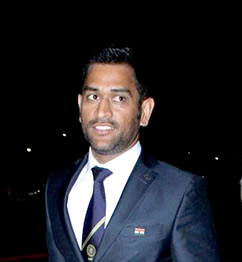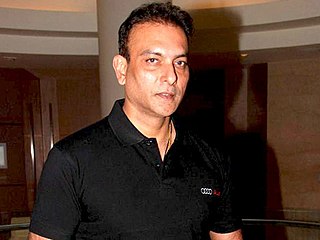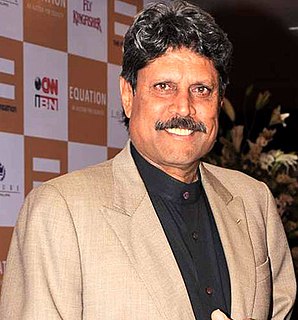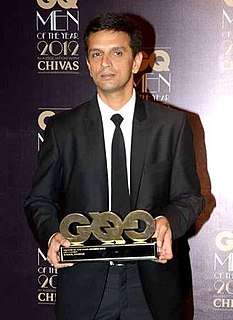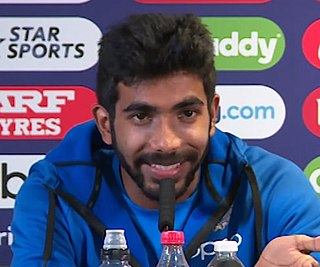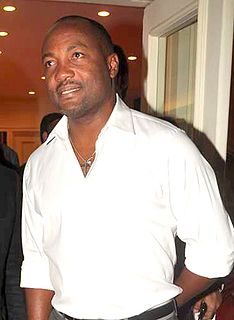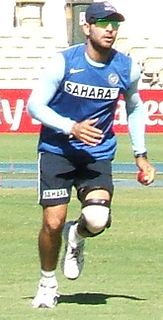A Quote by MS Dhoni
One-day cricket is about aggression and flair, but Test cricket is a different ball game. One has to struggle through the hard periods initially and then look on to get a respectable score on the board.
Related Quotes
From a spectator point of view, Test cricket is not important; people hardly watch Test cricket. But as a player, Tests are the real thing. You have to concentrate for five days. It's a lot of time, and not easy to do it day in and day out. If people have played 70-100 Tests, it's a lot of cricket, a lot of concentration and dedication.
